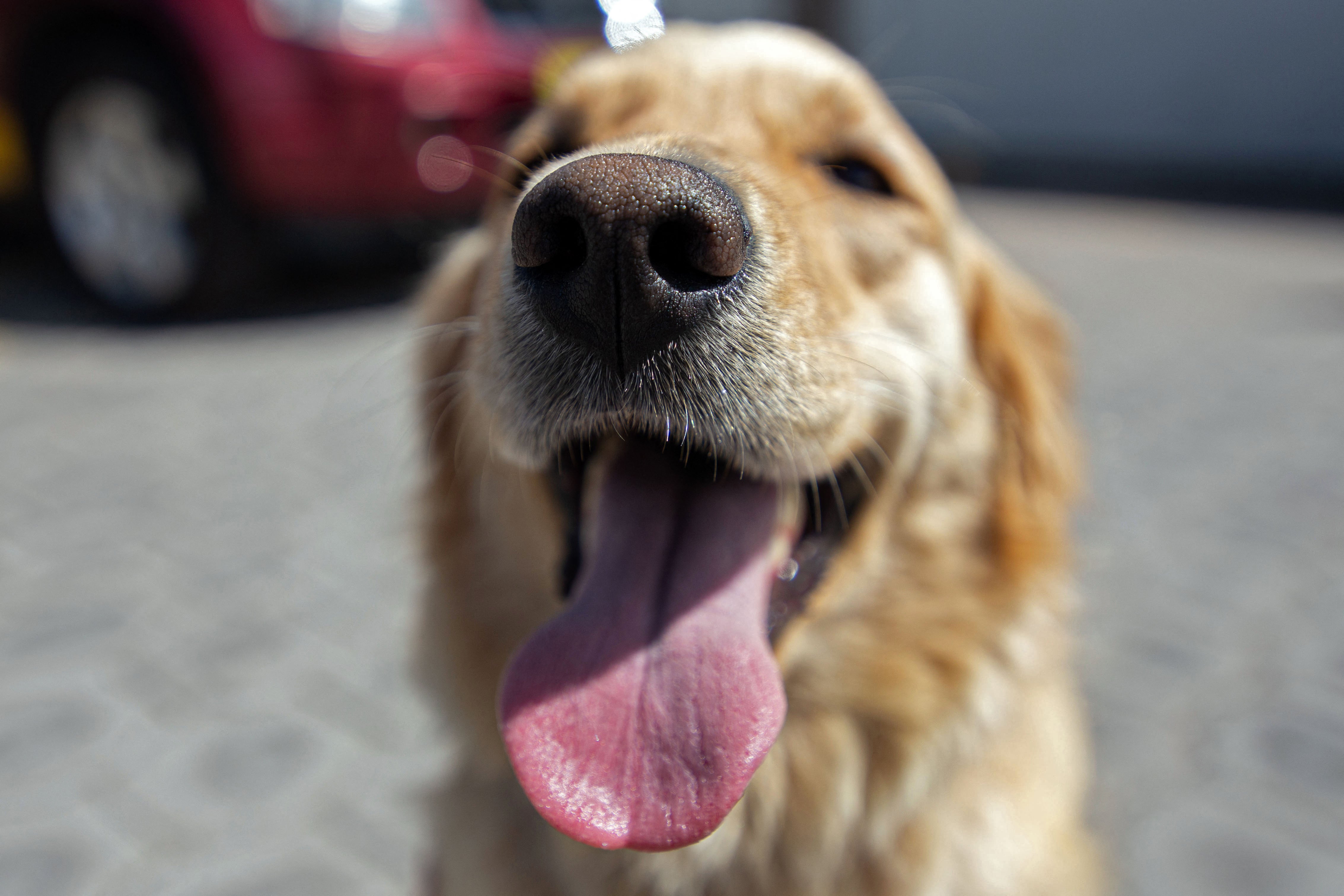Dogs can sometimes tell if people are lying to them, study finds
Scientists believe future studies can help unravel the evolutionary origin of dogs’ ability to distinguish between truths and lies.

Your support helps us to tell the story
From reproductive rights to climate change to Big Tech, The Independent is on the ground when the story is developing. Whether it's investigating the financials of Elon Musk's pro-Trump PAC or producing our latest documentary, 'The A Word', which shines a light on the American women fighting for reproductive rights, we know how important it is to parse out the facts from the messaging.
At such a critical moment in US history, we need reporters on the ground. Your donation allows us to keep sending journalists to speak to both sides of the story.
The Independent is trusted by Americans across the entire political spectrum. And unlike many other quality news outlets, we choose not to lock Americans out of our reporting and analysis with paywalls. We believe quality journalism should be available to everyone, paid for by those who can afford it.
Your support makes all the difference.Canines can sometimes tell when people are lying to them, according to a new study.
This suggests mechanisms that underscore sensitivity to others’ beliefs may not be exclusive to the lineage of primates.
In the study, researchers, including those from the University of Vienna, analysed 260 dogs of different breeds. The canines were taught to follow the advice of an unknown person in choosing one of two bowls that contained a hidden treat.
At first, the dogs got the treat when they followed the person’s advice. Scientists then proceeded to mix things up and added another human to one of the experiment models.
As the dog and first human watched, the second human switched the treat from one bowl to another.
In some cases, the second human was absent during the switch-up, but turned up to give the dogs advice on which bowl they should go towards. The researchers then ascertained if the dogs changed their behaviour.
Half the studied dogs ignored the human’s advice when they saw them pointing to the wrong bowl, suggesting they knew when they were being lied to, according to the findings published in the journal Proceedings of the Royal Society B.
When the second human was not present when the bowls were switched, the dogs simply ignored the wrong advice afterwards.
When the same experiments were carried out in the past with humans under the age of five, macaques and chimpanzees, scientists said the children and other animals were more likely than dogs to follow the advice of the liar.
“In conclusion, our study provides the first experimental evidence that dogs distinguish between a true and a false belief condition in a change-of-location task,” the scientists wrote in the study.
Scientists believe that in the absence of any training, pet dogs may thus attribute to humans not only different kinds of information they seek, but also their intentions and beliefs.
Researchers, however, also call for further studies with better controls to document the mental accounts of the situation from the human communicator’s perspective as well. This will enable a better understanding of the likely thought process of the dogs when they make decisions.
Scientists also believe future studies can also help unravel the evolutionary origin of dogs’ ability to distinguish between truths and lies.
Join our commenting forum
Join thought-provoking conversations, follow other Independent readers and see their replies
Comments